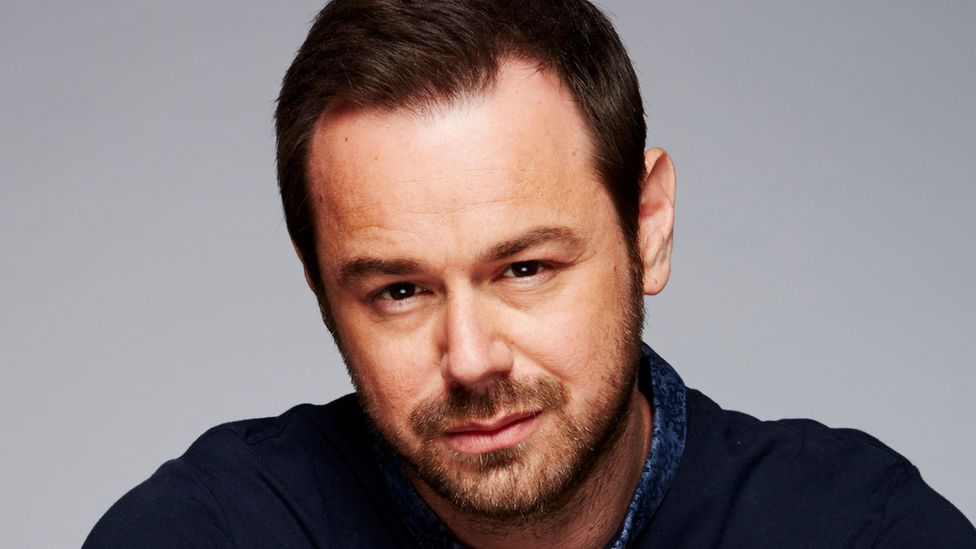-

-
-
Loading

Loading

A recent study conducted by researchers from the University of Essex found that traditional dialects such as the King's English and Cockney are no longer widely spoken among young people in the South East of England. The study focused on a group of individuals aged 18 to 33 in the region and identified three main dialects: estuary English, southern British English, and multicultural London English. The researchers described multicultural London English as a unique and fascinating accent. It is a relatively recent development, thought to have emerged in the 1980s. While it shares similarities with Cockney and South Eastern dialects, it also incorporates linguistic features from other languages and English dialects. The study revealed that 25% of the participants spoke with a multicultural London English accent. One of the distinguishing features of this accent is the pronunciation of certain vowels, such as "bate" and "boat," with the tongue positioned higher up in the mouth. This gives the words a distinct sound, like "beht" and "boht." Additionally, those with a multicultural London English accent were primarily Asian British or Black British individuals from London and the surrounding areas. In contrast, the study found that 49% of the participants spoke in a standard southern British English accent, which is considered a modern version of received pronunciation. This accent is characterized by pronouncing words like "goose" with the tongue placed further forward in the mouth, sounding closer to "geese." Interestingly, the researchers noted that even Queen Elizabeth II's accent changed over her lifetime, aligning more with this standard southern British English accent. Around 26% of the participants spoke estuary English, a dialect similar to Cockney but closer to received pronunciation. Words like "house" are pronounced as "hahs," although not as exaggeratedly as in Cockney. Estuary English is prevalent across the South-East, particularly in parts of Essex, and is reminiscent of the way TV personality Stacey Dooley, singers Olly Murs and Adele, or The Repair Shop's Jay Blades speak. The study attributed the shift away from traditional dialects to increased movement of people leading to greater dialectic contact, the growth of education and literacy, and the belief in a "correct" or standard way of speaking. Overall, the research sheds light on the evolving linguistic landscape in the South East of England, with multicultural London English emerging as a vibrant and diverse accent among the younger generation.